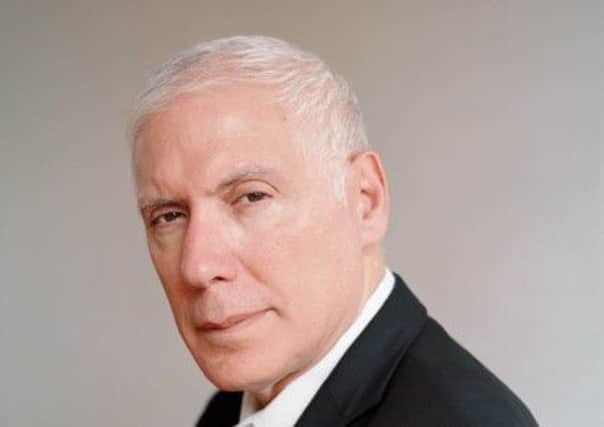Book review: The Examined Life by Stephen Grosz


The Examined Life
Stephen Grosz
Chatto & Windus, £14.99
That’s a lot of practical wisdom to have at one’s fingertips, and it is distilled into a series of slim, piercing chapters that read like a combination of Chekhov and Oliver Sacks. They invite us to identify with Grosz’s patients and their losses and regrets, even as we are made to marvel at the complexities and convolutions of the human mind.
Some of his patients have predicaments that will sound familiar to many of us: a woman reluctant to give up hope that her commitment-phobic boyfriend will marry her; a man, uncomfortable with intimacy and emotional dependence, finds that he is genuinely happier on his own; a girl whose skill in living up to her parents’ expectations of good behaviour and academic achievement “did not prevent the development of her substantial intellectual abilities” but slowed her emotional development.
Advertisement
Hide AdOther case studies have a surreal, fable-like quality. There’s a man who fantasises about an imaginary house he owns in France, sketching floor plans in his head, visualising different colours of paint in one room, a larger doorway in another. And there’s a man who seems wilfully intent on boring everyone around him, including girlfriends, colleagues – even Grosz; apparently, it’s an aggressive way of “controlling, and excluding, others,” and his avoidance of dealing with his feelings reminds Grosz of the character Hamm in Beckett’s Endgame, who says: “Absent, always. It all happened without me.”
In recounting his patients’ stories, Grosz is candid about his role in the process of analysis: he worries about projecting his difficulties with a girlfriend on to his interpretation of a patient’s problem coming to terms with her husband’s apparent infidelity; and he monitors his feelings of detachment when dealing with a patient who’s out of touch with his emotions.
He is prone to seeing loss everywhere. Success, he suggests, can make a person feel cut off from colleagues and the past; marriage can make someone feel as if other avenues of possibility had been closed. But he is never tendentious, and he does not try, like Freud, to view everything – even the most existential of dilemmas – through an insistently sexual prism.
Being a psychoanalyst, Grosz writes, means spending his workdays “alone with another person, thinking – trying to be present.” He is a “tour guide – part detective, part translator”, an editor who helps his patients connect the dots of their stories, helping them to make sense of their lives, or, at the very least, assuring them that they are “alive in the mind of another”. With this deeply affecting book, he has done just that – and shared their tales with a wider world.
Stephen Grosz is at the Edinburgh International Book Festival on 24 August